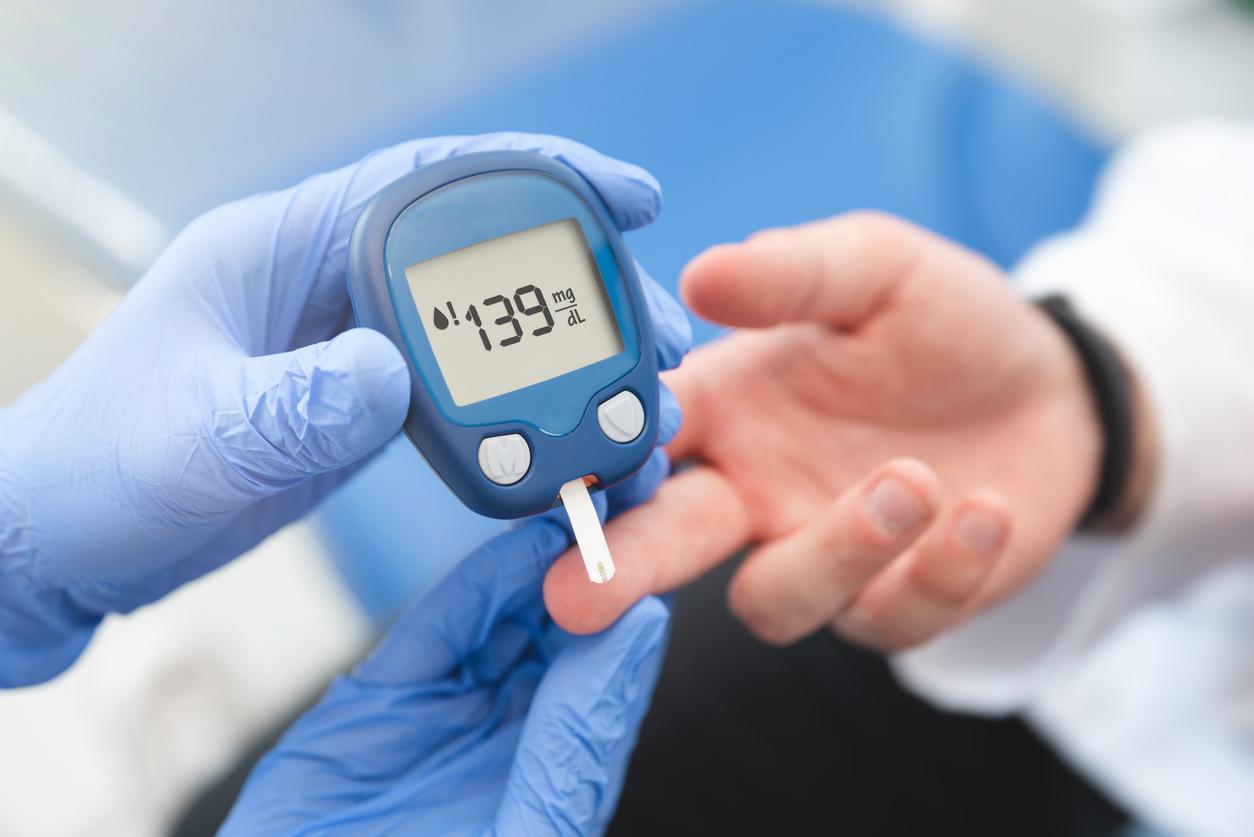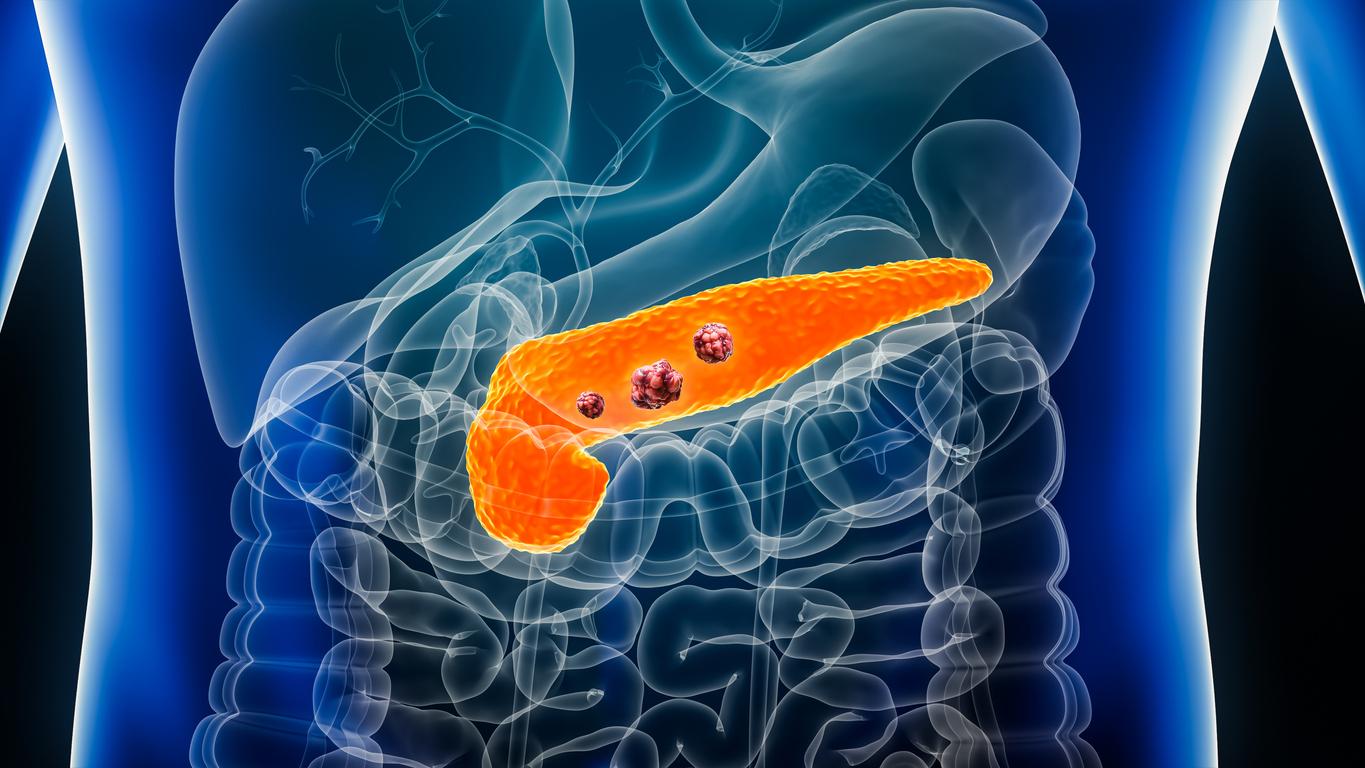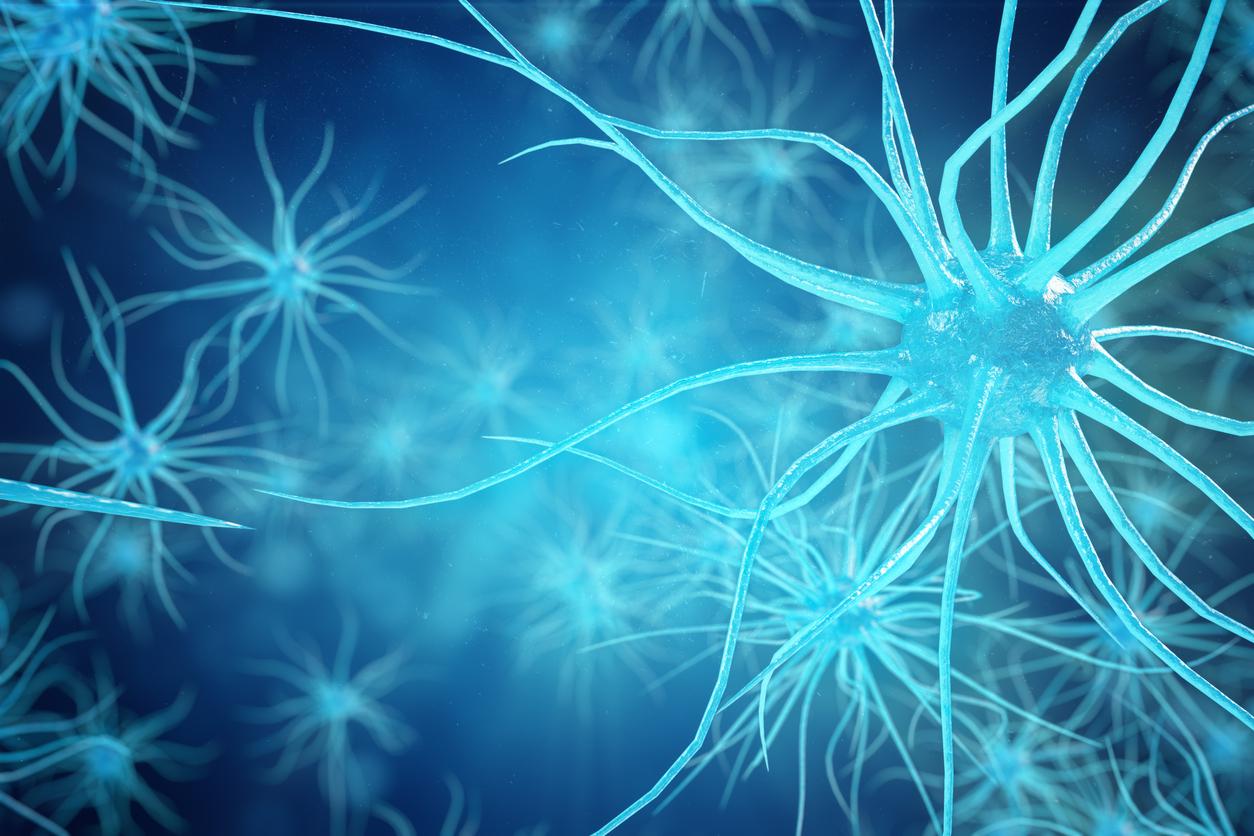Researchers have discovered that certain bacterial infections, through their proteins, can promote the development of type 1 diabetes.

- A new study sheds light on why T cells attack insulin-producing cells.
- Proteins from certain infectious bacteria trigger T lymphocytes to attack insulin-producing cells, researchers say.
- Ultimately, this discovery could help to better diagnose and prevent the development of type 1 diabetes.
In France, the incidence of type 1 diabetes is around 15 cases per 100,000 children under 15, according to National Institute of Health and Medical Research (Inserm), knowing that half of the cases occur before the age of 20. The origin of this disease remains to be determined, even if links with genetic and environmental factors have already been proven. But a new study, published in the journal Journal of Clinical Investigationhighlights another origin: bacterial infections.
Some bacterial proteins involved
Type 1 diabetes is characterized by high blood glucose levels – hyperglycemia – which are due to a lack of insulin. Patients with this condition have a malfunction of their immune system cells, called T lymphocytes. These attack the ß cells in the pancreas, which are gradually eliminated and no longer produce enough insulin.
This new study looks at one way T cells go awry. The researchers show that proteins from bacteria can trigger this attack by T cells on insulin-producing cells, leading to the development of type 1 diabetes.
To reach this conclusion, the researchers introduced bacterial proteins into cell lines from healthy donors. Once the transfer was complete, they observed the reaction of the T lymphocytes. The results: the proteins of certain infectious bacteria triggered the attack of insulin-producing cells by the T lymphocytes.

“A rare infection that affects a small minority of people”
“We observed this in relation to an HLA [human leucocyte antigen qui peut être traduit par antigène leucocytaire humain, ndlr] specific, [c’est-à-dire à, ndlr] a gene that encodes proteins that help the immune system differentiate our cells from invading cells, explains Dr Lucy Jones, who took part in the study. The specific HLA associated with the bacterial infection that triggers diabetes is only present in about 3% of the UK population. Bacterial pathogens that can generate T cells [qui éliminent les cellules productrices d’insuline, ndlr] are therefore due to a rare infection which affects a small minority of people”.
Ultimately, the researchers hope their research will help us better diagnose, prevent and perhaps even treat type 1 diabetes.
“We hope that understanding how T cells trigger diseases like type 1 diabetes will allow us to diagnose and treat the condition before symptoms appear, explains Garry Dolton, first author of the study. Early treatment leads to a better prognosis because healthy pancreatic ß cells that are attacked can be protected before they are destroyed.”.
Currently, there is no cure for type 1 diabetes.


















